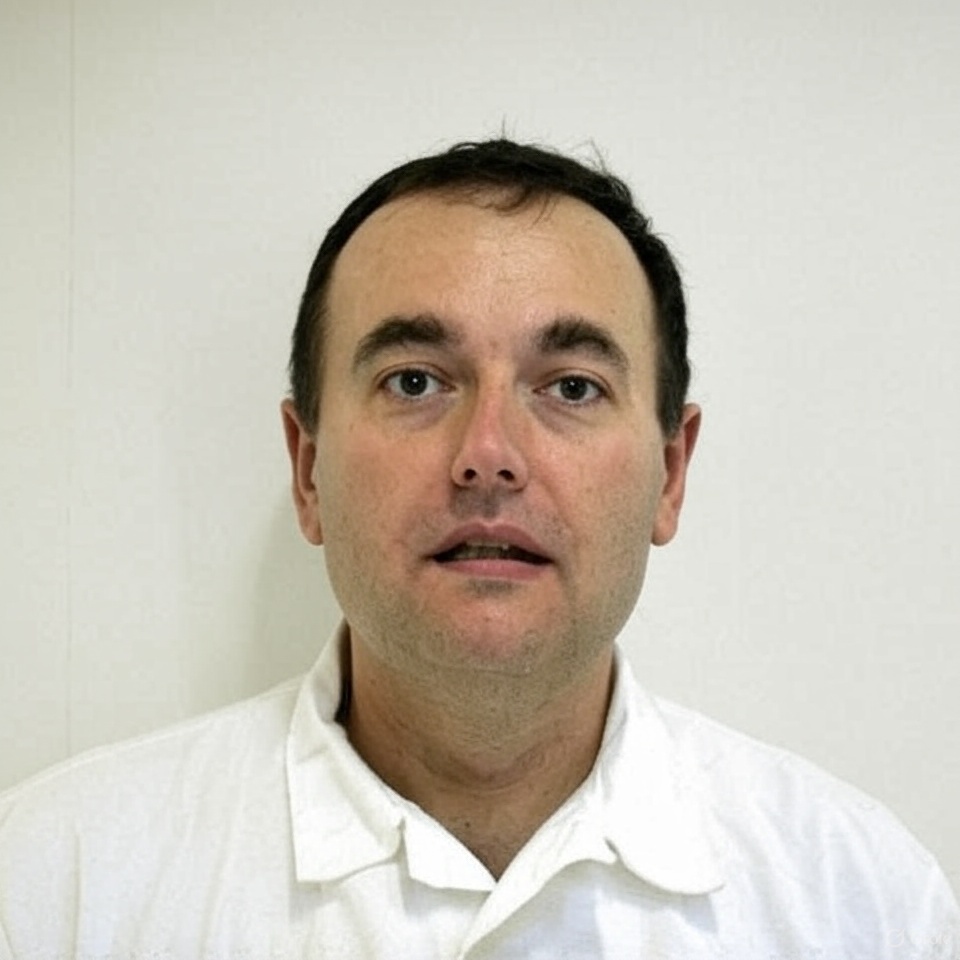Hello! I am Serhii Kushchenko, the main contributor to this site. Since 2013, I have been promoting a low-carb diabetes management method for Russian-speaking patients. Over the years, I helped save the lives of thousands of people with type 2 and type 1 diabetes. Working closely with so many diabetics has given me a unique background. Currently, I am trying to share my experience with an English-speaking audience.

On this site, you can learn how to keep your blood sugar consistently normal, i.e., between 75–90 mg/dl, 24 hours a day. It is achievable even with severe type 1 diabetes—and even more so with type 2 diabetes, which is generally easy to control.
To achieve consistently normal blood sugar, you won’t need to:
- starve yourself,
- take expensive and harmful medications,
- exhaust yourself in the gym.
Insights into My Background and Experience
First of all, you should know I am not a certified doctor. I earned my master’s in computer science in 2006 and my bachelor’s in biochemistry in 2019. However, I do not have a medical degree—at least not yet. I also have never had diabetes. However, I have struggled with severe metabolic syndrome since early childhood. I was about 40 kg overweight and am currently about 30 kg overweight. I manage my severe obesity through a strict low-carb diet, regular exercises, frequent lab tests, and cognitive-behavioral therapy (Stoicism).
In 2011, I discovered the low-carb system for managing type 1 and type 2 diabetes developed by Dr. Richard Bernstein. I studied it thoroughly. Since 2013, I have been promoting it among Russian-speaking diabetics. In post-Soviet countries, organized medicine completely rejects the low-carb approach, so I decided to take matters into my own hands. Over the years, I have helped save the lives of thousands of adults and children living with diabetes.
Not only thousands of patients but also several certified doctors have already acknowledged my deep knowledge of diabetes. All of these doctors either had diabetes themselves or had children with diabetes. They turned to me for guidance and learned how to control the disease to prevent complications.
Exploring Hope for Breakthroughs in Diabetes Treatment
While studying biochemistry at the university, I realized that organized science suffers from the same serious problems as organized medicine—only worse. Society can at least somewhat control the medical industry, but it has no way to oversee science. Outsiders have no means of evaluating the quality of scientific work or separating value from worthless noise. As a result, organized science has become deeply rotten.
Since science is in a prolonged crisis, the chances that some magical biotechnology will solve our metabolic disorders in the coming years are slim. To live long and avoid disability, you have to follow the precepts of the low-carb religion outlined on this site. I have zero hope that some biotechnological breakthrough will save me from an early death. And I advise you not to rely on any miracle either. Make healthy choices, put in effort every day, and stay disciplined to ensure a long, healthy, and productive life for yourself.